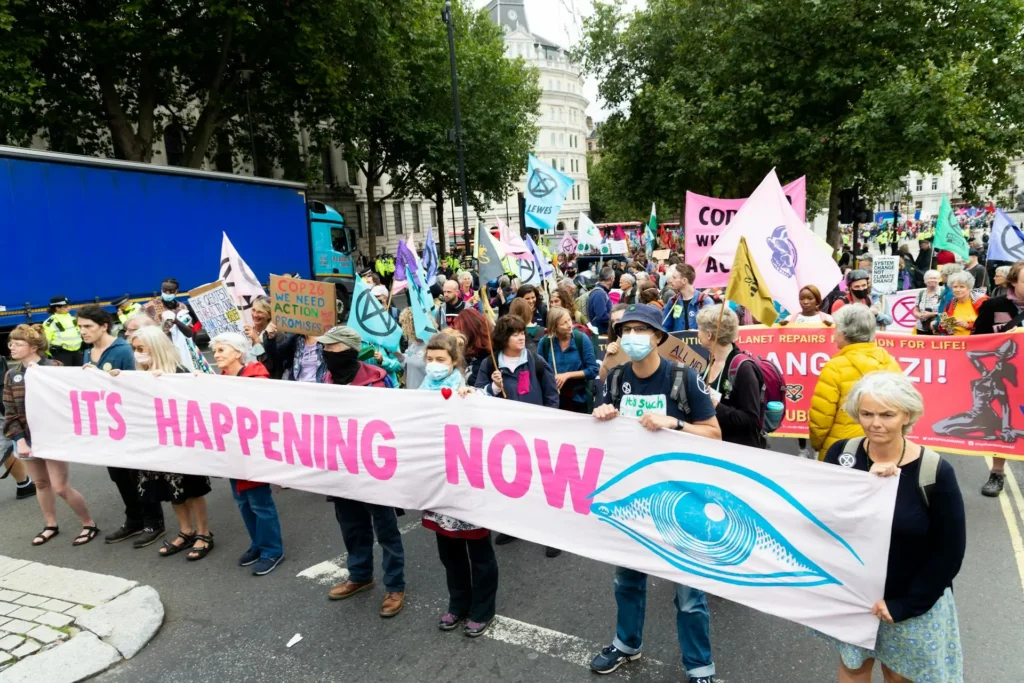Human System
Human rights, the moral and legal principles that safeguard the inherent dignity and worth of every individual, serve as the cornerstone of a just and compassionate society. Rooted in the belief that all humans are entitled to certain fundamental rights, irrespective of their nationality, ethnicity, gender, or other characteristics, the concept of human rights has evolved over centuries. This article aims to explore the multifaceted dimensions of human rights, emphasizing the need for a collective commitment to their protection and promotion on a global scale.
Historical Context:
The roots of the modern human rights movement can be traced back to pivotal moments in history, such as the Magna Carta in 1215 and the Universal Declaration of Human Rights (UDHR) in 1948. The UDHR, a landmark document adopted by the United Nations, enshrined the inalienable rights to life, liberty, and security of person, laying the groundwork for a universal commitment to human rights. However, the journey towards the realization of these rights has been far from linear, marked by struggles, setbacks, and triumphs.
Challenges to Human Rights:
In the contemporary world, the landscape of human rights faces numerous challenges. Violations range from systemic discrimination and economic inequality to censorship, political repression, and armed conflicts. One pressing concern is the disproportionate impact of these violations on vulnerable populations, including refugees, women, children, and minority groups. The perpetuation of such injustices highlights the urgent need for a comprehensive and coordinated response to protect and advance human rights for all.
Economic and Social Rights:
Beyond the traditional civil and political rights, there is a growing recognition of economic, social, and cultural rights as integral components of the human rights framework. Access to education, healthcare, housing, and decent work are not mere privileges but essential entitlements that contribute to the development of a just and equitable society. Addressing economic disparities is crucial in fostering an environment where individuals can lead dignified lives and contribute meaningfully to their communities.
Gender Equality:
Gender equality is a fundamental human right, yet it remains an elusive goal in many parts of the world. Discrimination and violence against women persist, hindering progress towards a more just and equal society. Efforts to eliminate gender-based discrimination must extend beyond legal frameworks to encompass cultural and societal norms. Empowering women and promoting gender inclusivity are essential steps towards achieving true equality.
Environmental Justice:
In recent years, the intersection of human rights and environmental issues has gained prominence. Climate change, deforestation, and environmental degradation disproportionately impact marginalized communities, often exacerbating existing inequalities. Recognizing the interconnectedness of environmental sustainability and human rights is crucial for creating a harmonious and sustainable future for all.
The Role of International Institutions:
International organizations, such as the United Nations and its specialized agencies, play a pivotal role in promoting and protecting human rights globally. Treaties, conventions, and mechanisms for monitoring compliance provide a framework for accountability. However, the effectiveness of these institutions relies on the commitment of member states to uphold their obligations and the willingness of the international community to collaborate in addressing human rights challenges.
The Importance of Education:
Education emerges as a powerful tool in the promotion of human rights awareness and understanding. By fostering a culture of respect and empathy, education equips individuals with the knowledge and skills to challenge discrimination and injustice. Governments, civil society organizations, and communities must invest in educational initiatives that instill human rights values from an early age, nurturing a generation committed to upholding the dignity of every person.
Civil Society and Grassroots Movements:
While international institutions play a crucial role, the strength of the human rights movement lies in the collective actions of civil society and grassroots movements. From the civil rights movement in the United States to the anti-apartheid struggle in South Africa, history is replete with examples of ordinary people catalyzing transformative change. The power of advocacy, mobilization, and civic engagement cannot be overstated in the ongoing pursuit of global human rights.
Conclusion:
In the intricate tapestry of human rights, each thread represents the dignity and worth of an individual. Navigating the complex landscape of human rights requires a collective effort, transcending borders and ideologies. As we confront the challenges of our time, let us reaffirm our commitment to the principles enshrined in the Universal Declaration of Human Rights. By upholding the inherent rights of every person, we contribute to the creation of a world where justice, equality, and dignity are not just lofty ideals but lived realities for all.

